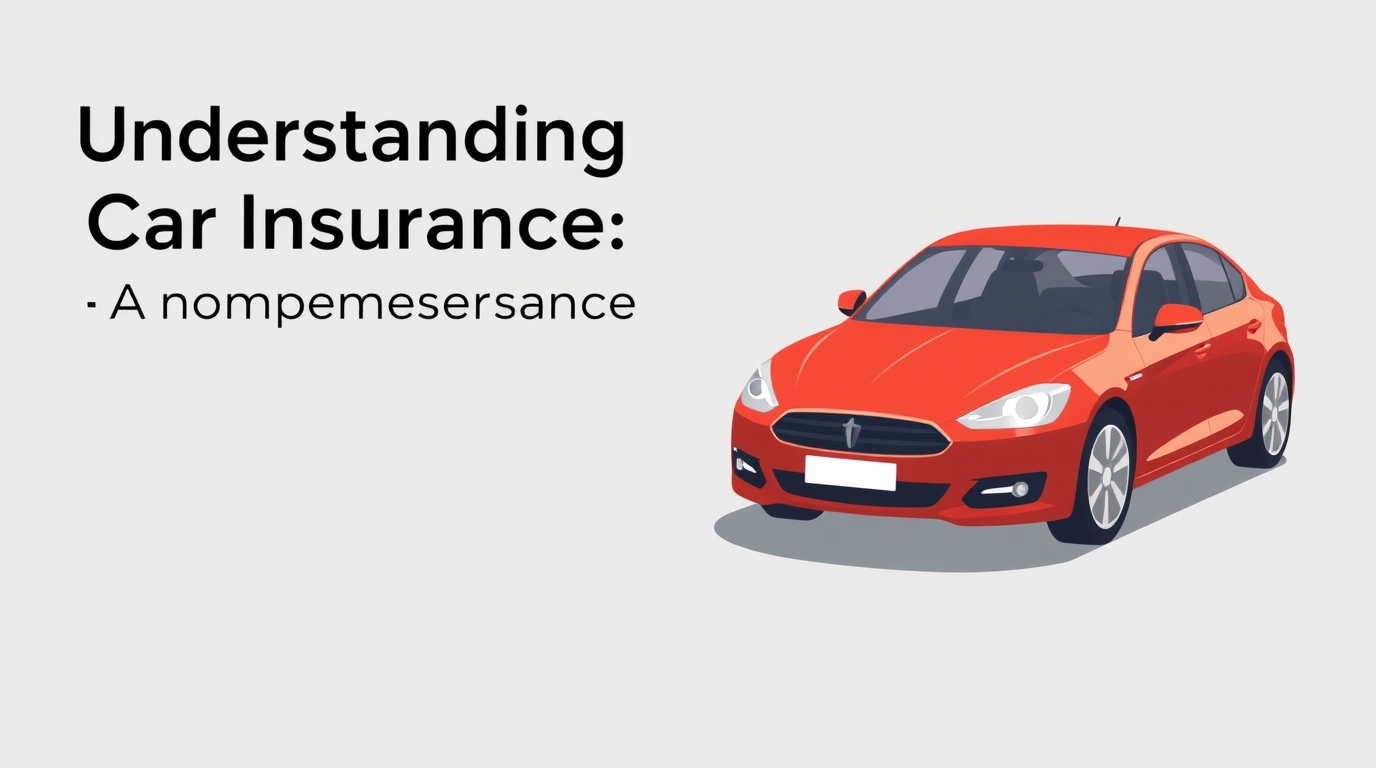
Understanding Car Insurance: A Comprehensive Guide
Car insurance is an essential financial tool that provides protection against potential losses resulting from road accidents, theft, or damages to your vehicle. It’s not just a legal requirement in most parts of the world but also a critical safety net that can save you from significant financial distress. In this article, we will delve into everything you need to know about car insurance, its types, benefits, and tips to choose the best policy for your needs.
What is Car Insurance?
Car insurance is a contract between the policyholder and the insurance company. In exchange for a premium, the insurer agrees to cover financial losses arising from specified events like accidents, theft, or natural calamities. The extent of coverage depends on the type of policy you choose.
Types of Car Insurance
There are several types of car insurance policies tailored to meet varying needs:
- Liability Insurance:
- Covers damages to third parties caused by your vehicle.
- Mandatory in most jurisdictions.
- Comprehensive Insurance:
- Provides coverage for damages to your own car and third-party liabilities.
- Includes protection against theft, vandalism, and natural disasters.
- Collision Insurance:
- Covers damages to your vehicle resulting from collisions, regardless of fault.
- Personal Injury Protection (PIP):
- Covers medical expenses for you and your passengers in case of an accident.
- Uninsured/Underinsured Motorist Coverage:
- Offers protection if you are hit by a driver who has no insurance or insufficient coverage.
Key Benefits of Car Insurance
- Financial Protection:
- Covers the cost of repairs or replacement of your vehicle, minimizing out-of-pocket expenses.
- Legal Compliance:
- Helps you abide by local laws, avoiding fines and penalties.
- Peace of Mind:
- Reduces stress by ensuring that you’re financially secure in case of an accident.
- Third-Party Coverage:
- Protects you from legal and financial liabilities if you cause harm to others or their property.
Factors Affecting Car Insurance Premiums
The cost of your car insurance premium can vary based on several factors:
- Driving History:
- A clean record with no accidents or violations often results in lower premiums.
- Age and Gender:
- Younger drivers and males typically face higher premiums due to statistically higher risk.
- Type of Vehicle:
- Luxury or sports cars usually have higher premiums due to costlier repairs.
- Location:
- Areas with high traffic density or crime rates can increase premiums.
- Deductibles:
- Higher deductibles lower premiums but increase out-of-pocket expenses during claims.
How to Choose the Right Car Insurance Policy
Selecting the best car insurance policy involves careful evaluation of your needs and options. Here are some tips:
- Assess Your Coverage Needs:
- Consider your vehicle’s value, driving habits, and local legal requirements.
- Compare Policies:
- Use online tools to compare features, premiums, and customer reviews from different insurers.
- Check the Insurer’s Reputation:
- Look for companies with high claim settlement ratios and positive customer feedback.
- Understand Policy Terms:
- Read the fine print to know what is covered and excluded.
- Avail Discounts:
- Many insurers offer discounts for safe driving, bundling policies, or installing anti-theft devices.
Steps to File a Car Insurance Claim
If you’re involved in an accident or need to file a claim, follow these steps:
- Document the Incident:
- Take photos of the damage and gather details from other parties involved.
- Notify Your Insurer:
- Inform your insurance company as soon as possible and provide accurate details.
- Submit Required Documents:
- Provide a copy of the police report, repair estimates, and other requested paperwork.
- Follow Up:
- Stay in touch with the insurer to ensure timely processing of your claim.
Tips to Lower Your Car Insurance Premium
- Maintain a Clean Driving Record:
- Avoid traffic violations and accidents.
- Bundle Policies:
- Combine car insurance with other policies like home insurance for discounts.
- Increase Your Deductible:
- Opt for a higher deductible to reduce premium costs.
- Use Telematics:
- Some insurers offer discounts for safe driving tracked through telematics devices.
- Shop Around:
- Regularly compare policies to find the best deal.
Common Myths About Car Insurance
- Red Cars Cost More to Insure:
- The color of your car doesn’t affect insurance premiums.
- Older Cars Don’t Need Insurance:
- Even older cars require at least liability coverage as per legal requirements.
- Your Credit Score Doesn’t Matter:
- Insurers in many regions consider credit scores to assess risk.
- Insurance Covers Everything:
- Policies have exclusions; it’s essential to know what’s not covered.
Conclusion
Car insurance is an indispensable part of vehicle ownership. It not only safeguards your finances but also ensures compliance with legal obligations. By understanding the types of policies available and evaluating your specific needs, you can make an informed decision that offers the best protection at an affordable price. Regularly reviewing your policy and staying informed about discounts and market trends can further enhance your savings and coverage.
Investing time in understanding car insurance today can save you from significant hassles and expenses tomorrow. So, drive safe and stay insured!